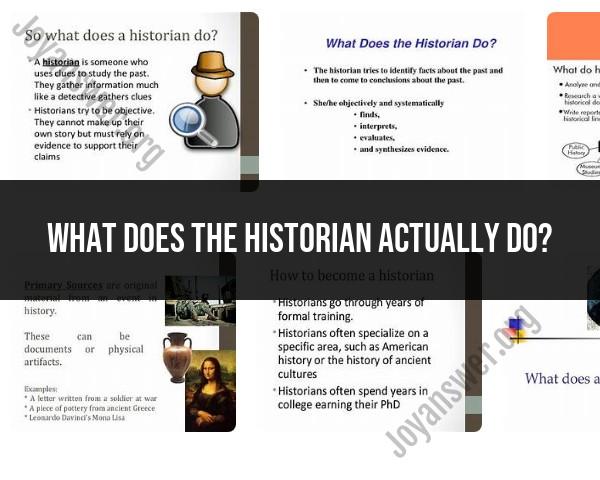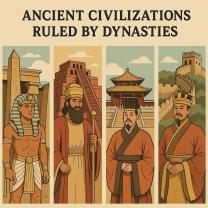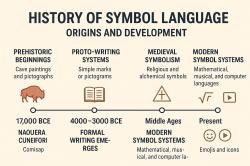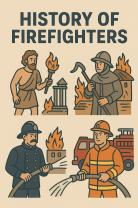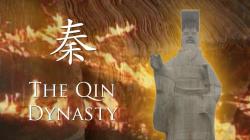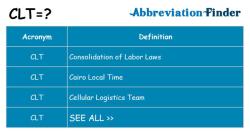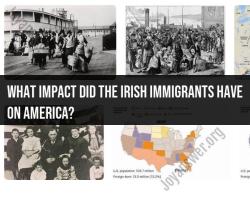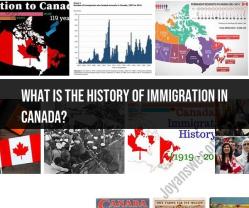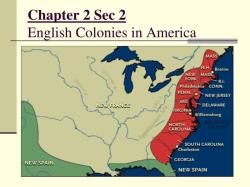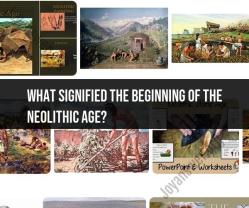What does the historian actually do?
Historians play a crucial role in society by studying, researching, and interpreting the past. Their work involves a wide range of activities and responsibilities, which may include:
Research: Historians conduct extensive research to gather information about past events, people, societies, and cultures. They explore historical documents, archives, artifacts, and oral histories to uncover hidden stories and details.
Analysis: Historians analyze historical data and evidence to make sense of the past. They examine primary and secondary sources to understand the causes and effects of historical events and movements.
Interpretation: Historians interpret historical events and phenomena, providing context and meaning. They offer insights into how past events have shaped the present and continue to influence the future.
Critical Thinking: Historians apply critical thinking skills to evaluate the reliability and credibility of historical sources. They consider biases, perspectives, and limitations of sources when forming historical narratives.
Writing: Historians communicate their findings through various forms of writing, including scholarly articles, books, essays, and reports. Their written work contributes to the body of historical knowledge and is often aimed at both academic and general audiences.
Teaching: Many historians work as educators, teaching history at schools, colleges, and universities. They help students understand historical concepts, events, and methods of analysis.
Curation: Historians may curate museum exhibitions and collections, selecting and presenting artifacts and documents to tell historical stories and engage the public.
Consultation: Historians often provide their expertise to government agencies, organizations, and businesses. They help with historical research, preservation, and policy development.
Public History: Some historians work in the field of public history, which involves making history accessible to the general public. They may work in museums, archives, historic preservation, and cultural institutions.
Archiving: Historians may work in archives and libraries, cataloging and preserving historical documents and materials for future generations.
Policy Analysis: Historians with expertise in a particular area, such as diplomatic history, may provide insights into current policy issues by analyzing historical precedents and lessons.
Social and Cultural Analysis: Historians contribute to our understanding of social and cultural changes by examining the evolution of customs, traditions, beliefs, and social structures.
Documentary and Film Production: Some historians collaborate with documentary filmmakers to provide historical accuracy and expertise for films and television programs.
Advocacy: Historians may engage in advocacy efforts related to historical preservation, cultural heritage, and the importance of understanding the past.
Historical Preservation: Historians help in preserving historic sites and landmarks by researching their historical significance and advocating for their protection.
Community Engagement: Historians often engage with local communities to uncover and preserve their historical narratives and heritage.
Historical Editing: Historians may be involved in editing and annotating historical documents and manuscripts to make them more accessible and understandable to researchers and the public.
The work of historians is diverse and multifaceted, and it plays a vital role in our understanding of the past and its relevance to the present and future. Historians contribute to the preservation of cultural heritage, the formation of public memory, and the development of informed decision-making. Their research and insights help us make sense of the complex tapestry of human history.
What are the roles and responsibilities of a historian in their work?
Historians are scholars who study and interpret the past. They use a variety of sources, such as documents, artifacts, and oral histories, to research and write about historical events and people. Historians also teach at universities and colleges, work in museums and archives, and write for popular audiences.
Some of the specific roles and responsibilities of a historian include:
- Conducting research: Historians must be able to identify, evaluate, and interpret a wide range of sources. They must also be able to conduct original research, such as interviewing eyewitnesses or analyzing archival documents.
- Writing and teaching: Historians must be able to communicate their research findings clearly and concisely. They must also be able to teach others about history in a way that is both engaging and informative.
- Public engagement: Historians often share their research with the public through lectures, articles, books, and documentaries. They may also work with museums, historical societies, and other organizations to develop educational programs and exhibits.
How do historians engage in the study and interpretation of historical events and data?
Historians engage in the study and interpretation of historical events and data by using a variety of methods, including:
- Source criticism: Historians must be able to evaluate the reliability and authenticity of historical sources. They must also be able to identify and interpret the biases of the sources they use.
- Contextualization: Historians must be able to understand historical events and people within their broader context. This includes understanding the social, political, economic, and cultural factors that shaped the past.
- Historical analysis: Historians must be able to analyze and interpret historical events and data. They must be able to identify patterns and trends, and to develop explanations for the events they study.
- Historical synthesis: Historians must be able to synthesize their findings into a coherent and informative narrative. They must be able to explain the significance of historical events and to draw connections between the past and the present.
What is the significance of historical research and analysis in the field of history?
Historical research and analysis is essential for understanding the past. Historians help us to learn about the origins of our society, the challenges and triumphs of our ancestors, and the forces that have shaped the world we live in today.
Historical research and analysis is also important for public policy and decision-making. By understanding the past, we can make more informed decisions about the future. For example, historians can provide insights into the causes of war, the impact of social movements, and the effectiveness of different government policies.
Historical research and analysis is also essential for education. By learning about history, students can develop a better understanding of the world around them and their place in it. History can also teach students about critical thinking, problem-solving, and communication skills.
Overall, historical research and analysis is essential for understanding the past, making informed decisions about the future, and educating future generations.
